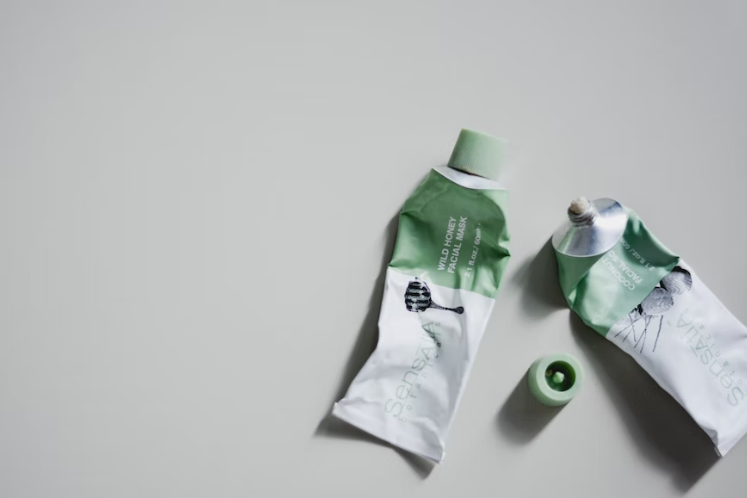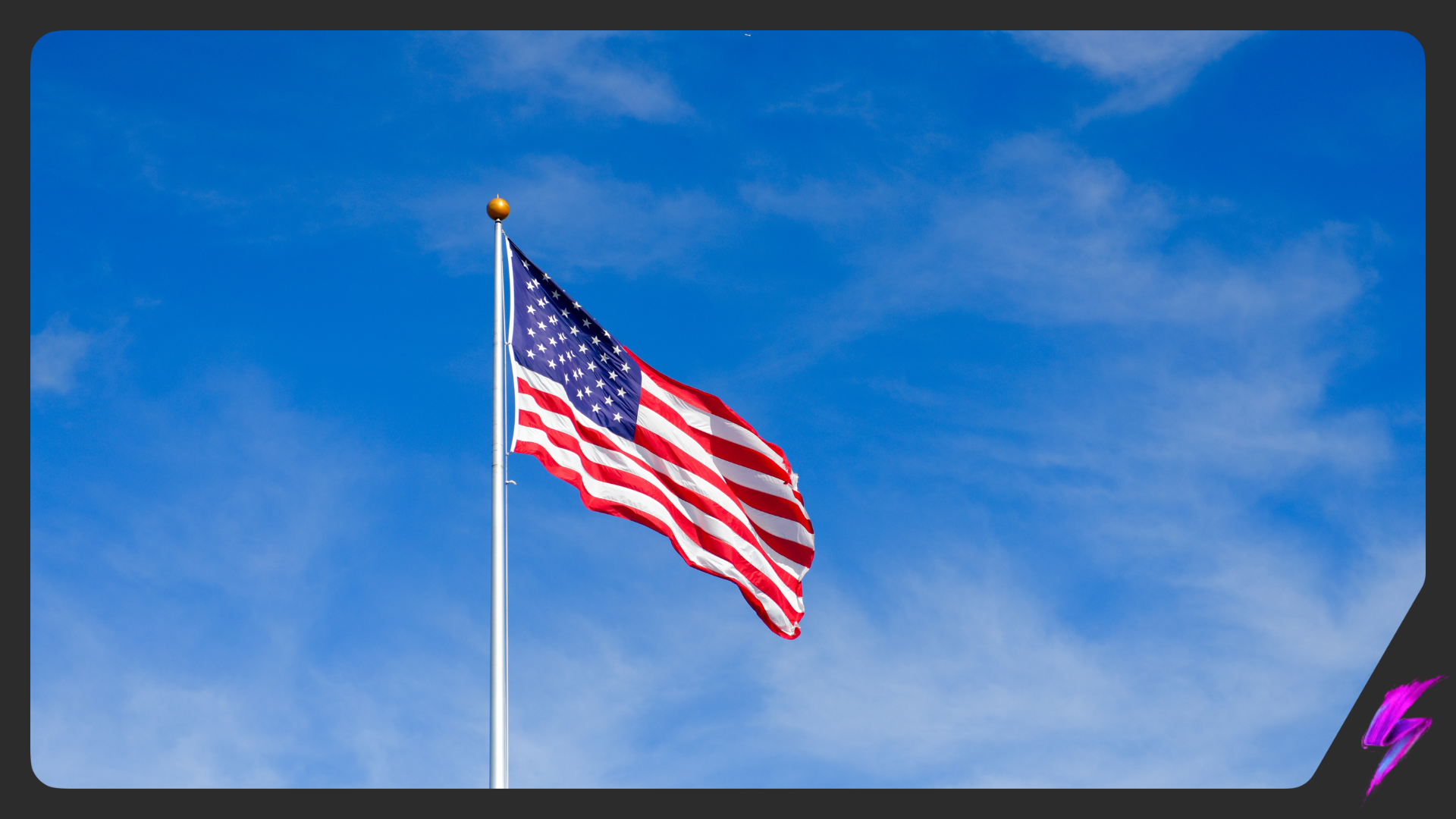How FMCG Brands can Use Influencer Marketing
Jan 18, 2023
Social Media Platforms

What do FMCG and influencer marketing have in common? They’re two of the most fast moving industries in the world.
FMCG (fast moving consumer goods) are high-demand products that sell quickly and are typically affordable for most consumers. They are products found in supermarkets that are bought quickly by shoppers, and replaced just as quickly by retailers.
FMCG is an incredibly broad industry, composed of goods including packaged food, toiletries, stationary, laundry and cleaning products, personal care products, and alcohol—AKA everything that was panic-raided during early COVID lockdown days.
Some of the largest and best-known companies in the world make FMCG, including PepsiCo, Coca Cola, Unilever, Procter and Gamble, Nestle, and AB InBev. The global FMCG market size is expected to reach a value of 901.2 billion USD by 2027, and the majority is owned by the previously mentioned names.
While in the past couple of years we’ve seen more FMCG brands adapt to the demand for ecommerce, there’s still many that prefer traditional marketing channels. But, with the decline of TV still coming in fast, they may need to step up and take the plunge onto social.
FMCG Consumer trends 2023
Consumer trends toward FMCG products were turbulent throughout the primary COVID crisis in 2020. Thankfully, things have calmed down since then, and you can actually go to a supermarket and buy pasta, baked beans, and toilet paper.
Consumers prioritise health/wellness
In a post-lockdown world, consumers had become significantly more interested in keeping well and healthy, both physically and mentally. Because of this, we have seen a huge shift towards health and wellness-related products. Given the current cost of living crisis, consumers are expected to continue spending on health and wellness products, but on a more affordable scale.
Consumers will be more selective with their purchases
Following on from our first point, the cost of living crisis (and the health crisis) has hit many consumers hard. As a result of this, many are looking to save wherever possible and being highly selective with the FMCG products they are purchasing. Many consumers have shifted to purchase lower-quality items from discount stores. This shopping experience isn’t limited to lower income households, but also those with a higher disposable income.
Consumers want digital buying journeys
It’s no secret that online shopping is fast becoming the preferred shopping channel for many consumers, but especially younger generations. Because of this, FMCG brands need to create a seamless digital shopping experience—including using social media. Consumers are spending their free time on social media, and now use it as a search and discovery tool, so having an active presence is imperative.

Why FMCG brands can use influencer marketing
While the demand for the majority of FMCG products doesn’t change, the way consumers are shopping is changing. How can brands combat this? With influencer marketing.
Given that consumers are becoming more selective with what they’re purchasing, FMCG influencer marketing can be utilised to provide genuine advice and insight into exactly why an FMCG product will be useful to consumers. In addition to this, as a result of recent developments in social commerce, FMCG influencer marketing can easily navigate potential customers towards online stores or social shops.
One particular element of FMCG purchases that makes FMCG influencer marketing so influential, is that many are bought on a whim; their purchases are driven by an emotional impulse.
We’ve all done it; it’s a hot day and you pop into a shop for something, and end up walking out with an ice cream.
Social media and influencers have the ability to influence people’s emotions. Combine this with the relatively accessible pricing of most FMCG products, an influencer’s recommendation to purchase is a relatively low-risk buy.
So, what are some of the ways FMCG influencer marketing can benefit brands?
Increase online sales/website visits
As we’ve mentioned, consumers shopping for FMCG products online is going to be a popular trend for 2023, and influencers can help FMCG brands with this.
During COVID, the number of consumers opting to shop online increased drastically, and it has now become a norm. Many FMCG brands have already created their own online stores in response, but some have gone a step further and begun using influencers to encourage visits and sales to the store. By having a link in the biographies of their profile pages, or posting a direct link to a landing page, influencers can hurry along the buying decision process.

Add value and encourage purchase consideration
Using influencer marketing, FMCG brands can provide new audiences with valuable content, tips and tricks, and a demonstration of their product in use. Because audiences are becoming more considerate with their spending, showing the product in a practical way that adds value to consumers’ lives will increase the likelihood of a sale.
Reach niche audiences and subcultures
Influencers have dedicated part of their lives to growing and nurturing their online communities. FMCG brands have an incredibly broad target market, and using influencer marketing they can target more niche segments and emerging subcultures easily.
FMCG brands should figure out exactly who their target audience is, and identify the key creators within relevant passion points. These passion points can be directly related to their industry, or a popular joint interest within their target audience. The identified creators can be of any size—although micro influencers will likely work best in this scenario. While they may have a smaller following, their audience is significantly more engaged and likely to take note and act on their recommendations.
Build trust and brand loyalty
Just as with any influencer marketing campaign, your content and strategy should be authentic (and not reminiscent of Pepsi’s Kendall Jenner ad…). Authenticity from both brand and influencer can increase trust in your brand and brand loyalty. Given the strong competition within the FMCG industry, brand loyalty has never been more important.
With many now looking to the internet to do their FMCG shop, this has increased the potential reach for many FMCG brands. However, as with any industry, consumers are initially wary of purchasing from a new brand. Were this brand to have an active presence on social media and implemented an influencer marketing strategy, then it would have successfully piggy-backed trust from the influencer’s content.
How FMCG brands should use influencer marketing
Now we have an understanding of how influencer marketing can benefit FMCG brands, it’s time to look at exactly how they can target their audiences in 2023.
Focus on health and wellness influencers
Given the consumer shift to being health and wellness focused, it makes sense to utilise influencers recognised and respected within the health and wellness niche. The products could be supported with messaging showing exactly how it will benefit consumers and make their health journey better or easier.
The product should be naturally incorporated into the influencer’s content, so while general content and messaging direction should be given, the influencer also needs creative room to make the content theirs and authentic.

Lean into offering genuine benefits/assistance
Some of the most successful FMCG influencer partnerships recently have offered their audiences genuine advice for navigating repeat purchases during the cost of living crisis. This shows audiences that this brand/product is not only good, but also shows that the brand cares for the audience’s wellbeing.
Host a giveaway
Giveaways are always popular with social media users, but they are now more than ever. With spending not as fun as it may have once been, hosting a giveaway and promoting it through influencer channels not only boosts the brand’s social media presence but gives it a positive consumer perception.
Our Influencer marketing agency and Social agency are located worldwide, with our agency network based in the USA, UK, UAE and China.
If you want to receive our industry insights, visit our Influencer Marketing & Social Media blog.
@ Socially Powerful
[cta]
Popular Blogs
Most Popular Instagram Hashtags | Tiktok Hashtags | Instagram Monetization | Facebook Banner Size | Snapchat Influencers | Most Subscribed Youtubers | Best Time to Post on Youtube | UK Twitch Streamers | Female Twitch Streamers | Popular Tiktok Songs | Male Tiktok Influencers | Lgbtq Tiktok Influencers | The Rise and Fall of Clubhouse | Influencer Marketing on Clubhouse | LiketoKnowit | Pretty Little Thing Instagram| Top Social Marketing Agencies
Social And Influencer Marketing News + Insights
Get in touch
We'll show you how to start powerful conversation, drive social engagement, build your brand, hit sales targets or meet other goals you have, wherever you are in the world.
Work with us





